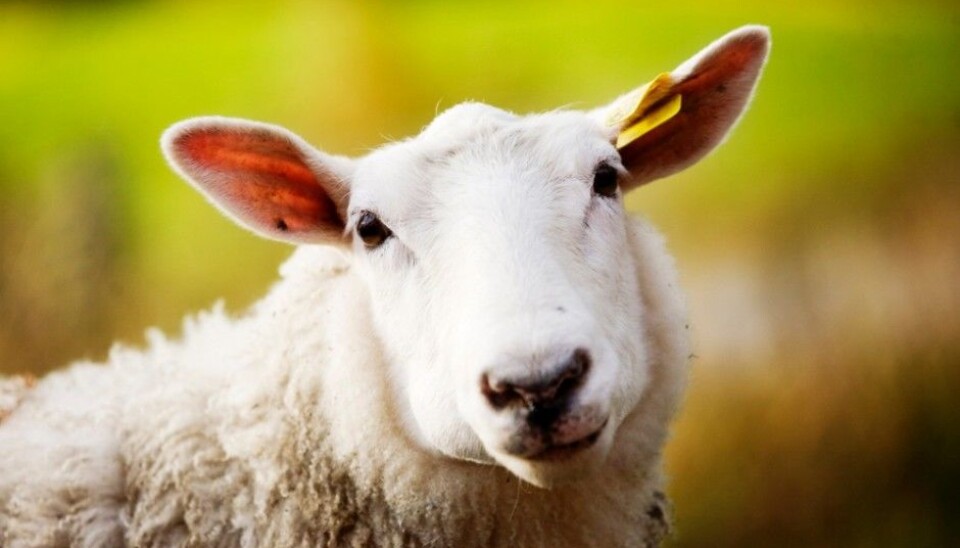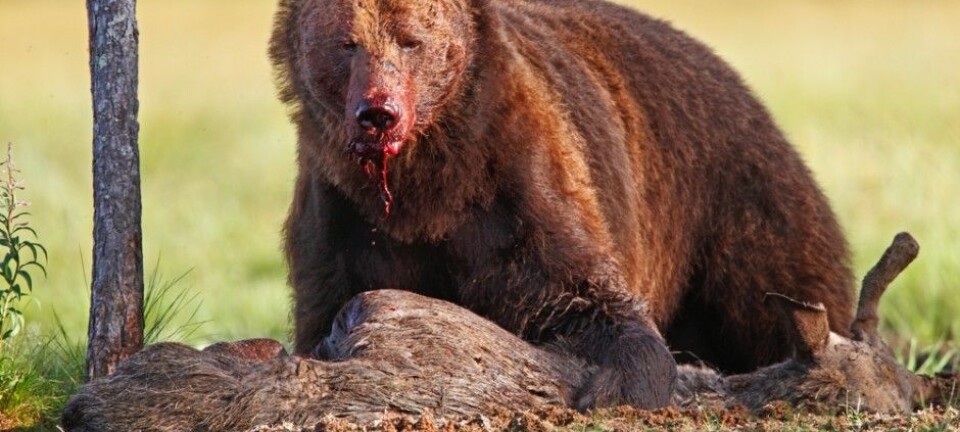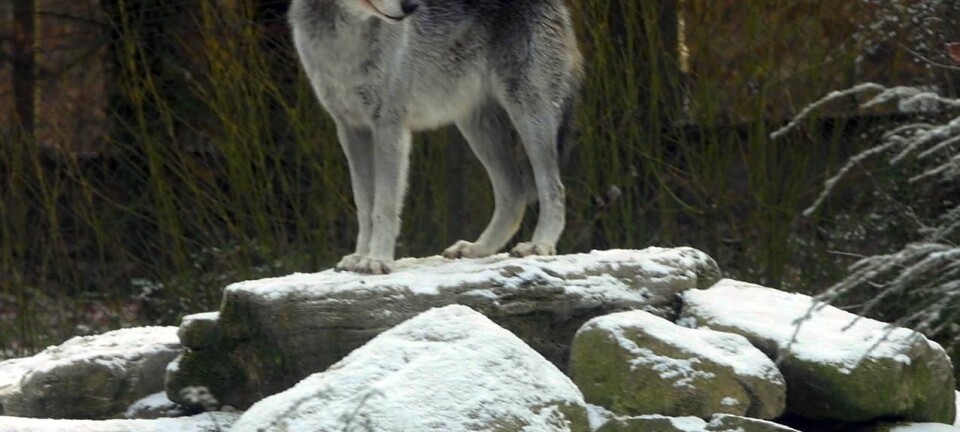
Researchers don’t really know what prevents predator attacks
A review of a host of research papers has failed to find any scientific proof that electric fences are protecting sheep against large predators.
Researchers at the Swedish University of Agricultural Sciences (SLU) and Oviedo University in Spain have perused 562 scientific studies about the predation of livestock by large carnivores.
They found that many methods used, such as electric fences, have not been proved by research to be of help.
Just four percent
Only four percent of the research articles were presented in a manner enabling what is called a “case-controlled study design” for assessing whether methods currently used to protect farm animals from wild predators actually have an effect.
Other methods beside electric fences include moving predators away to other areas or killing the ones that are most harmful to livestock.
“We wish that the management of wild predators could be as evidence based as the health system is in its selection of medical treatment. A comparable prerequisite would be for researchers to contribute high quality studies of various methods for preventing attacks by predators,” says Ann Eklund of SLU, the first author of the study.
She thinks government administration and research should work systematically in unison to find cost-effective and reliable methods.
More wolves – but fewer sheep killed
Farmers’ loss of livestock has been on the decline in Norway in recent years even though more wolves have made their way into the country via Sweden.
A record low of reimbursements were made to Norwegian farmers in 2016 for loss of sheep and lambs. Farmers were compensated with a total of about $5.3 million. This damage payments covered the death and injury of some 17,550 sheep and lambs. According to the Norwegian Environment Agency, last year’s damages were the lowest since the year 2000.
The Norwegian Environment Agency initiated some extraordinary hunting of wild predators. This could be a major explanation for the reduced attacks on farm animals. Director Ellen Hambro thinks the number of losses in 2016 indicate that government’s management initiatives have been effective, according to the Norwegian Broadcasting Corporation.
-------------------------------------
Read the Norwegian version of this article at forskning.no
Translated by: Glenn Ostling








